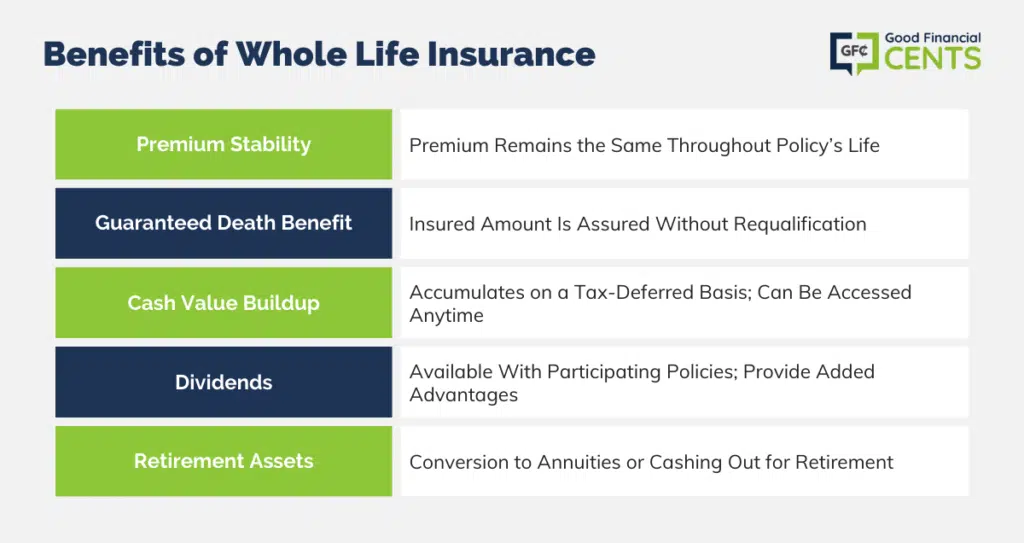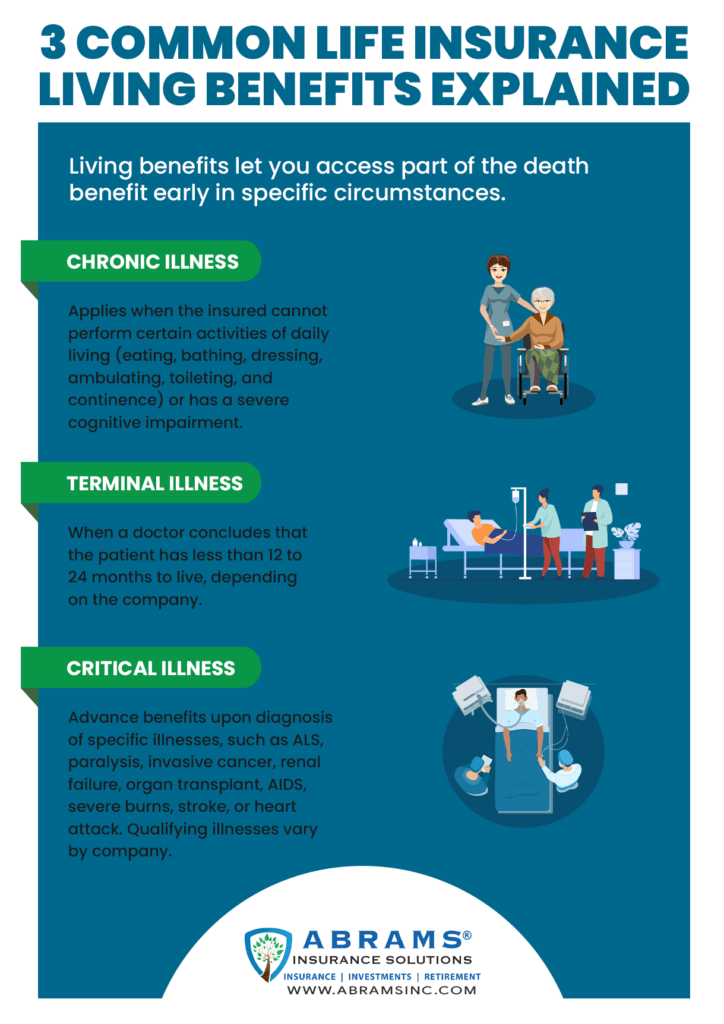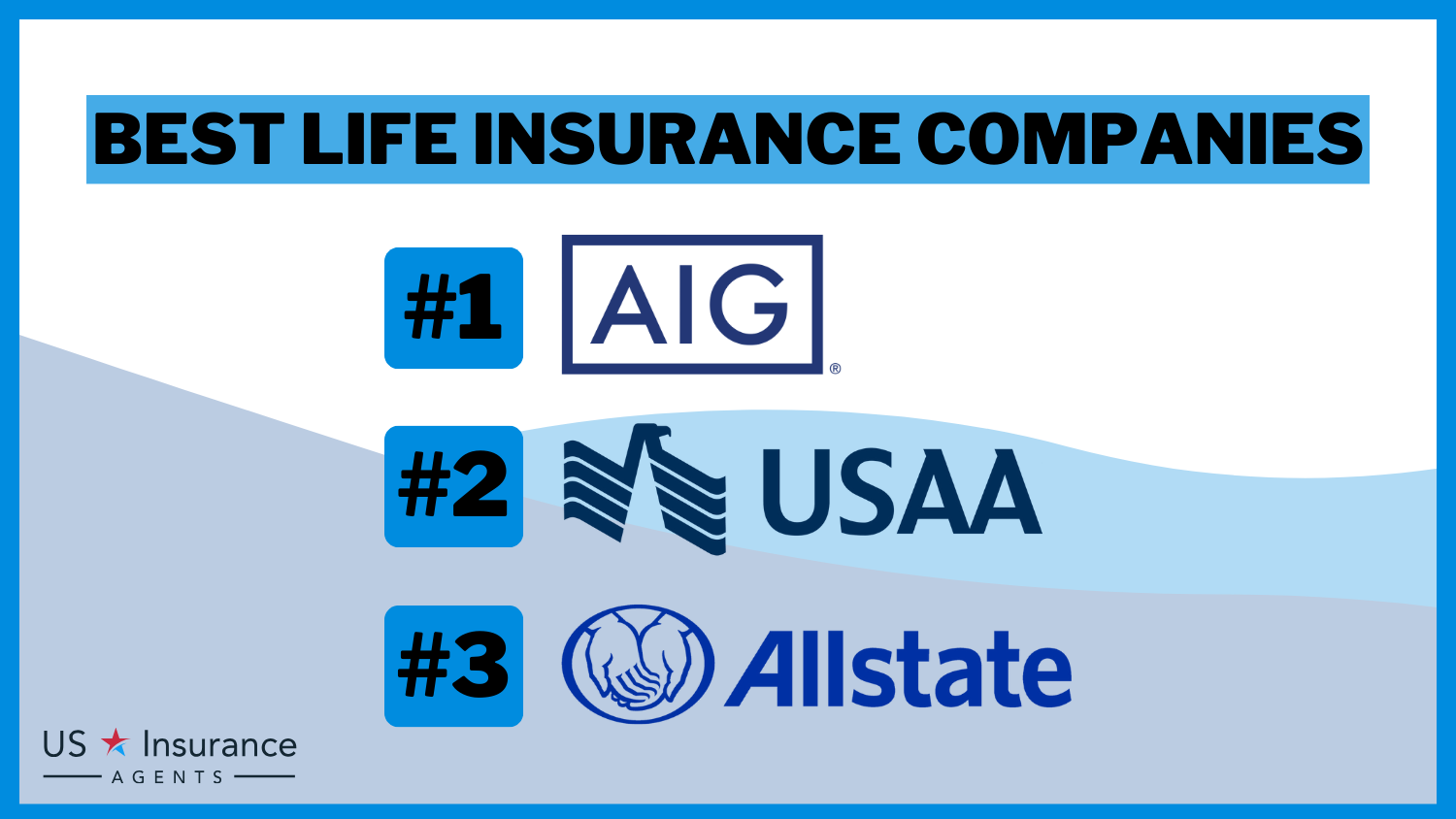Steps to Take After a Car Accident with Insurance
Imagine yourself driving down the road, minding your own business, when suddenly—BAM!—you’re in a car accident. Your heart is pounding, your head is spinning, and you’re not sure what to do. If you’ve never been in a car accident before, it’s easy to feel overwhelmed and unsure of what steps to take. But don’t worry, we’re here to help. Here’s a comprehensive guide on what to do after a car accident with insurance.
1. Stay Calm and Check for Injuries
In the aftermath of a car accident, it’s natural to feel shaken up. But it’s important to stay calm and collected so you can assess the situation and take the necessary steps to protect yourself and your rights. First, check yourself for injuries. If you’re seriously injured, call 911 immediately. If you’re not sure if you’re injured, it’s still a good idea to get checked out by a doctor as some injuries may not be immediately apparent. Once you’ve checked yourself for injuries, check your passengers as well. If anyone is injured, call 911 immediately.
Once you’ve checked for injuries, move your car to a safe location if possible. This will help prevent further accidents and make it easier for emergency responders to reach you. If you’re unable to move your car, stay inside and wait for help to arrive.
As you’re waiting for help to arrive, it’s a good idea to start gathering information about the accident. This includes the names and contact information of the other drivers involved, the insurance companies for all the vehicles involved, the license plate numbers of all the vehicles involved, and the location of the accident. You should also take pictures of the accident scene, including any damage to the vehicles and any injuries. This information will be helpful when you file an insurance claim.
If there are any witnesses to the accident, get their names and contact information. Witnesses can provide valuable information about what happened, which can help you with your insurance claim.
Once the police arrive, they will investigate the accident and write a report. Be sure to get a copy of the police report, as this will be important for your insurance claim.
After the accident, it’s important to contact your insurance company as soon as possible. They will be able to help you file a claim and get your car repaired or replaced. You should also contact the insurance companies for the other drivers involved in the accident. They will need to file claims as well.
Dealing with a car accident can be a stressful experience, but by following these steps, you can protect yourself and your rights.
Car Accident With Insurance
Oh no, you’ve been in a car accident! It’s a chaotic and stressful situation, but don’t panic. One of the first things you should do is check if you or anyone else is injured. If so, call 911 immediately. Once everyone is safe, it’s time to start thinking about the insurance side of things.
If you’re lucky, you have car insurance. This will help cover the costs of repairs and medical bills. But even if you do have insurance, there are still some things you need to do after an accident. Here’s a step-by-step guide to help you through the process:
1. Call the Police
If there are any injuries or significant damage to the vehicles, call the police immediately. They will create a report that will be helpful when you file an insurance claim. Even if there are no injuries, it’s still a good idea to call the police if there is any damage to the vehicles.
2. Exchange Information
Once you’ve called the police, exchange information with the other driver(s) involved in the accident. This includes your name, address, phone number, insurance policy number, and license plate number. You should also take pictures of the damage to both vehicles. If there are any witnesses, get their contact information as well.
3. File an Insurance Claim
As soon as possible after the accident, file an insurance claim. You can usually do this online or over the phone. When you file a claim, you’ll need to provide the insurance company with all of the information you gathered in step 2. The insurance company will then investigate the accident and determine how much money you’re entitled to.
4. Get Your Car Repaired
Once the insurance company has approved your claim, you can get your car repaired. You can choose to take your car to any repair shop you want, but it’s a good idea to get a few estimates before you make a decision.
5. Follow Up With the Insurance Company
Once your car is repaired, you should follow up with the insurance company to make sure you’re satisfied with the repairs. You should also check to make sure that the insurance company has paid all of the bills related to the accident.
What to Do After a Car Accident: Navigating Insurance and Aftermath
Being involved in a car accident can be a nerve-wracking experience. Amidst the chaos, it’s crucial to maintain composure and follow proper procedures to safeguard your rights and well-being. Foremost among these steps is navigating the insurance aspect of the situation and ensuring you have the necessary information and documentation to file a successful claim.
Contact Your Insurance Company
In the immediate aftermath of an accident, it’s imperative to contact your insurance company and report the incident promptly. Providing them with accurate and detailed information will expedite the claims process and ensure your coverage is activated. Remember to obtain a copy of the police report and any relevant documentation to corroborate your account.
Exchange Information With the Other Driver(s)
In the event you find yourself involved in an accident involving multiple vehicles, exchanging information with the other driver(s) involved is of paramount importance. This exchange should include the following vital details:
-
Contact Information: Obtain the other driver’s full name, address, and phone number. Accurate contact information ensures open communication throughout the claims process and beyond.
-
Insurance Details: Secure the other driver’s insurance carrier’s name and their policy number. Having this information on hand will facilitate communication between the respective insurance companies and streamline the claims process.
-
Vehicle and License Information: Note down the make, model, and license plate number of the other vehicles involved in the accident. Additionally, obtain the driver’s license numbers of the other drivers involved. This information will aid in identifying all parties involved and expediting the claims process.
-
Witness Information: If there were any witnesses to the accident, be sure to obtain their names and contact information. Witness statements can provide valuable corroboration of the events leading to the accident.
-
Accident Description: Provide a clear and concise description of the accident, including the date, time, and location, as well as the circumstances surrounding the collision. Jotting down a rough sketch of the accident scene can be helpful in visualizing the situation.
-
Medical Attention: If you or anyone else involved in the accident requires medical attention, be sure to note this and obtain the details of the medical facility they were taken to.
What to Do After a Car Accident with Insurance?
Oh boy, car accidents are a major bummer, and when insurance is involved, it can feel like an extra headache. But don’t panic, having the right steps in mind can ease the process. Grab a pen and paper and let’s get started on your post-accident to-do list.
1. Ensure Safety First
Safety should be your top priority. Pull over if possible, turn on your hazard lights, and check for injuries. If someone’s hurt, call 911 immediately.
2. Exchange Information
This is crucial! Get the other driver’s name, contact info, insurance details, and license plate number. Also, jot down the make, model, and color of their vehicle.
3. Take Photos of the Damage
Document the evidence! Take clear photos of the damage to both vehicles, including the scene of the accident and any injuries.
4. Contact Your Insurance Company ASAP
Don’t delay! Report the accident to your insurance company as soon as possible. They’ll guide you through the process, arrange for repairs, or set up medical care if needed.
Here are some extra tips to make your insurance claim process smooth sailing:
- Be honest and accurate. Don’t try to sugarcoat or embellish the details.
- Gather all the necessary documents. This includes the police report, medical records, and photos of the damage.
- Keep track of expenses. If you have to pay for repairs or medical bills out of pocket, keep receipts for reimbursement.
- Don’t sign anything until you understand it. If you’re unsure about something, don’t hesitate to ask your insurance company or a lawyer for clarification.
5. Seek Medical Attention
Even if you don’t feel hurt right away, it’s important to get a checkup. Some injuries, like whiplash, may take a few days to manifest.
6. Hire an Attorney (Optional)
If the accident was severe or the other driver is disputing fault, consider hiring an attorney. They can help protect your rights and ensure you get fair compensation.
Remember:
Stay calm and collected. Panicking won’t help the situation, so take a deep breath and focus on what needs to be done.
Car Accident with Insurance: What You Need to Know
A car accident is a stressful and often confusing experience. If you’ve had the misfortune of being involved in one, it’s important to know what steps to take in the aftermath. One of the most important things you can do is file a claim with your insurance company. Here’s a guide to help you through the process:
1. Stay Calm and Call the Police
The first thing you should do after a car accident is stay calm and call the police. This is especially important if there are any injuries or if the other driver is disputing fault. The police will create an official accident report, which will be helpful when you file your insurance claim.
2. Exchange Information
Once you’ve called the police, exchange information with the other driver(s) involved in the accident. This includes your name, address, phone number, insurance information, and license plate numbers. You should also take pictures of the damage to both vehicles.
3. Get a Medical Exam
Even if you don’t feel injured, it’s important to get a medical exam after a car accident. Some injuries, such as whiplash, may not be immediately apparent. A doctor can evaluate your injuries and make sure you’re okay.
4. File a Claim With Your Insurance Company
Contact your insurance company as soon as possible to report the accident and start the claims process. You can usually do this online, over the phone, or in person. Your insurance company will assign you a claims adjuster who will help you through the process.
5. Document Everything
It’s important to document everything related to your car accident. This includes the police report, medical records, and any other documentation that supports your claim. You should also keep a journal of your injuries and expenses. This will help you prove your case to your insurance company.
Filing a car insurance claim can be a daunting task, but it’s important to do it right. By following these steps, you can help ensure that you get the compensation you deserve. Here are some additional tips for filing a successful car insurance claim:
- Be honest with your insurance company. Don’t try to exaggerate your injuries or damages.
- Be prepared to provide documentation to support your claim.
- Be patient. It may take some time for your insurance company to process your claim.
If you have any questions about filing a car insurance claim, don’t hesitate to contact your insurance company or an attorney.
Car Accident with Insurance
If you’ve recently been in a car accident, you’re probably feeling overwhelmed. There’s a lot to take care of, from dealing with the police and insurance companies to getting your car repaired. But one of the most important things you can do is get a copy of the police report. Here’s why:
What’s in a Police Report?
A police report is an official record of the accident. It includes information about:
– The date, time, and location of the accident
– The names and contact information of the drivers involved
– The insurance information of the drivers involved
– A description of the accident
– Any injuries or damage that resulted from the accident
Why Do I Need a Copy of the Police Report?
There are several reasons why you need a copy of the police report:
– It can help you prove who was at fault for the accident.
– It can help you get a fair settlement from the insurance company.
– It can help you protect your rights if you’re sued by the other driver.
– It can provide peace of mind knowing that you have a record of what happened.
How Do I Get a Copy of the Police Report?
You can usually get a copy of the police report from the police department that responded to the accident. There may be a fee for the report, so be prepared to pay a few dollars. You can also request a copy of the report online from some police departments.
It’s important to get a copy of the police report as soon as possible after the accident. The report will be most helpful if you have it when you’re talking to the insurance company and the other driver.
What if There Was No Police Report?
If there was no police report, you can still get a copy of the accident report from the insurance company. The insurance company will have a file on the accident that includes information about what happened and who was at fault. You can also get a copy of the medical records from the hospital or doctor’s office if you were injured in the accident.
Getting a copy of the police report is an important step in the process of recovering from a car accident. The report can help you get a fair settlement from the insurance company and protect your rights if you’re sued by the other driver.
Car Accidents and Insurance: A Comprehensive Guide
Car accidents are a frightening and stressful experience, especially when it comes to dealing with insurance companies. Understanding your rights and the process of filing a claim is crucial for protecting your interests. This comprehensive guide will provide you with all the essential information you need to navigate the complexities of car accident insurance.
1. Exchange Information
Immediately following an accident, make sure to exchange information with the other driver(s) involved. This includes: names, addresses, phone numbers, insurance companies, and policy numbers. Take pictures of the scene, including any damage to vehicles or property, if possible. You should also file a police report to document the incident and provide an official record of what happened.
2. Contact Your Insurance Company
As soon as you can after the accident, contact your insurance company to report the claim. Provide them with all the details of the accident, including the information you gathered from the other driver(s). Your insurance company will assign you a claims adjuster who will guide you through the process and determine the amount of your settlement.
3. Submit a Claim
To formally initiate your insurance claim, you will need to submit a claim form. This form will typically ask for information about the accident, the damage to your vehicle, and your injuries. You may also need to provide supporting documentation, such as medical records or repair estimates. Your insurance company will review your claim and make a decision on whether to approve your settlement.
4. Negotiate Your Settlement
Once your insurance company has approved your claim, you will need to negotiate a settlement amount. This is the amount of money that the insurance company will pay you to cover your damages. You should carefully consider the value of your claim and negotiate for a fair settlement that covers all your expenses, including medical bills, lost wages, and property damage.
5. Dispute Your Claim
If you disagree with the settlement offer from your insurance company, you have the right to dispute it. You can do this by contacting your insurance company and explaining your reasons for disputing the settlement. If you are unable to resolve the dispute with your insurance company, you may need to file a lawsuit.
6. Hire an Attorney (Optional)
If you have severe injuries or the other driver is disputing fault, you should consider hiring an attorney to represent you. An attorney can help you negotiate a fair settlement, protect your rights, and guide you through the legal process. While hiring an attorney is not always necessary, it can be beneficial in complex cases where you need professional legal representation.




Leave a Reply